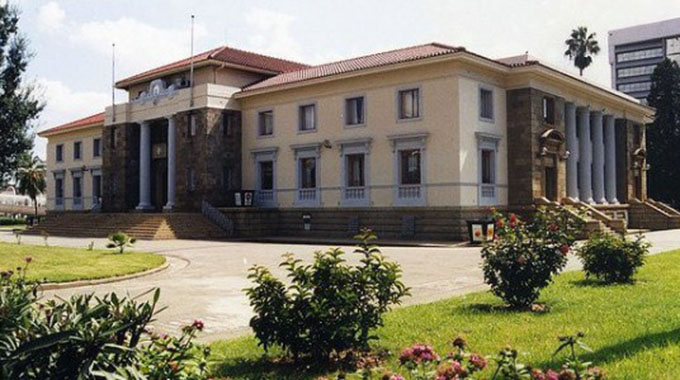Audit sniffs out beer levy abuse

Yeukai Karengezeka Herald Correspondent
Harare city councillors have ordered officials to reimburse $293 000 that was taken from the traditional beer levy account and used for other purposes.
Beer levy funds are mainly used to procure community boreholes and upgrading other social infrastructure, but the accounting of the assets was not clear as no separate accounts were being maintained.
This was discovered after the city’s Audit Committee requested that an investigation be done to establish the amount of traditional beer levy remitted to City of Harare between January 2016 and November 2018.
The investigation was also done to establish the number of commercial breweries that should be remitting money to council.
According to Audit Committee minutes, the levy funds were administered in the Standard Chartered Bank account and the closing balance was $1 494 685 as at November 20, 2018.
The audit revealed that $292 931 was misused during the period under review and that currently there were no separate accounts as stipulated by the Urban Councils Act.
“Currently, there was no separate account maintained by council as required by S.I.420 of 1984, Section 2 which requires the annual preparation of Trading, Profit and Loss income and expenditure accounts and balance sheet of controlled liquor,” read the minutes.
Councillors resolved that the acting finance director Mr Stanley Ndemera complies with the provisions of the Traditional Beer Levy Act at all times and that the $292 931 be reimbursed from the city’s main account.
Council also agreed that the two accounts be maintained separately as required by the law and that sales return supporting levies paid are submitted by commercial breweries. The beer levy should not be part of the general revenue of a local authority and must only be used for the welfare of the community as approved by the Minister and can only be used to fund the provision of services that include water and sanitation, health, education, recreation and other related interventions.










Comments